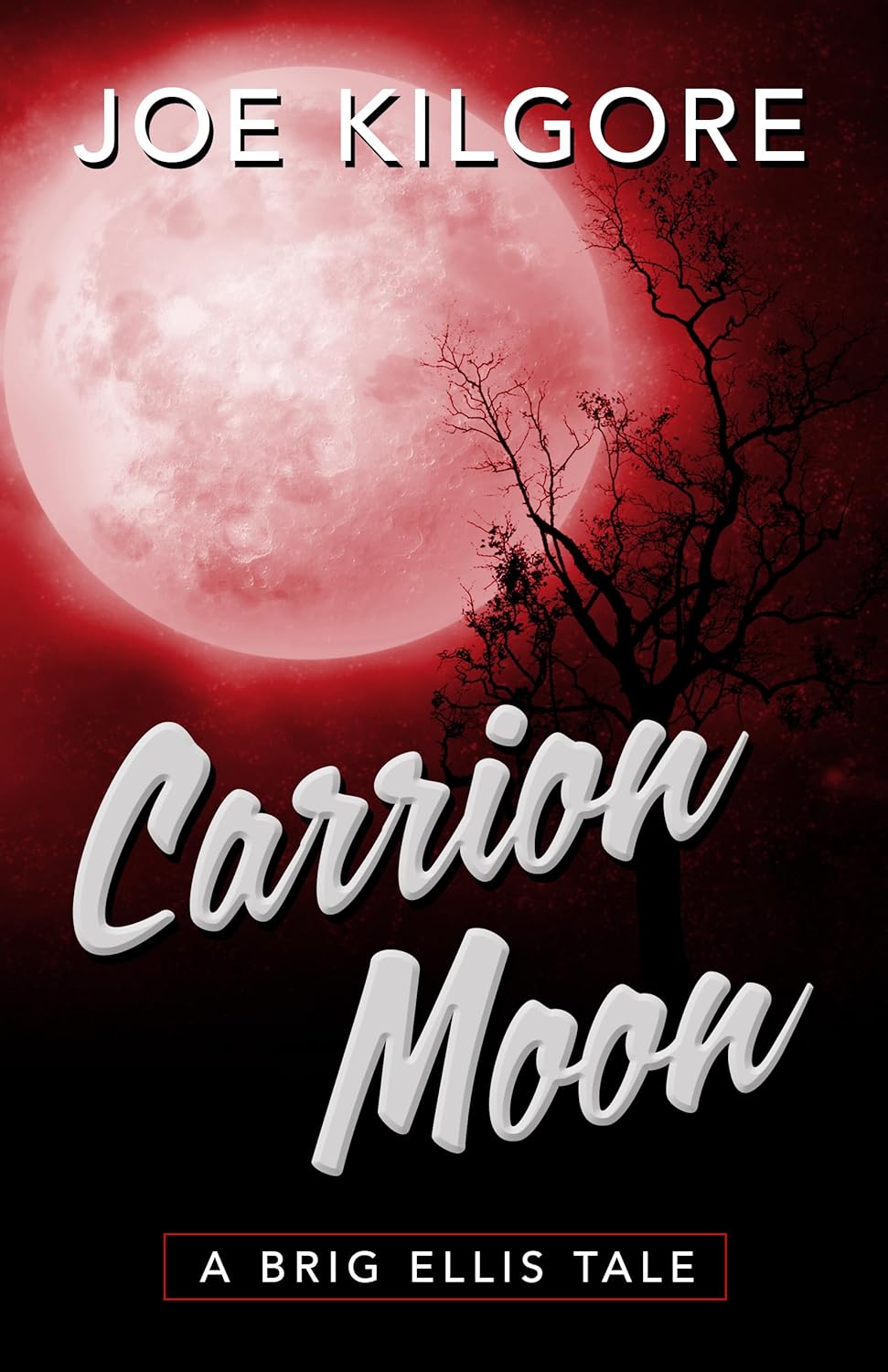How the west was written
Sunday, December 13th, 2009You don’t find many people reading western novels these days. Once a staple of paperbacks and magazines, the western seems to have faded with the setting sun. Damn shame, if you ask me. You didn’t, I know. But that’s never stopped me from giving my opinion. Looked on by the literati as simplistic and reactionary, the western used to grab the public pulse though, when this nation was a lot more innocent than it is now. Loss of innocence, both in people and in nations, is unavoidable I guess. Most of us tend to outgrow the heroes and legends of the past. But frankly, I’m not sure we’re the better for it. Sure, we’re more sophisticated and urbane and witty as hell. With that trinity though also comes cynicism and an inability to have our pulse beat faster and our blood boil hotter and our hearts soar like they once did when the calvary rode to the rescue or the hangman was cheated by an impossible rifle shot or a fight to the death was played out on the top of a moving freight car.
I set aside my cynicism a few weeks back on a rainy Sunday afternoon and stretched out with a red-dot special I found in the book store for the princely sum of one dollar. The novel was HONDO by Louis L’Amour. For those of you too young to know who Louis L’Amour is, well, lets put it this way. He is, to the western, a bit like Shakespeare is to the play. Louis (pronounced Louie) was born on the rough plains of North Dakota somewhere around a hundred years ago. He spent his early years, like most boys his age, working on a farm and playing cowboys and indians in the barn whenever he got the chance. Learning to read early, he tore through the old west dime novels like Sherman marching through Georgia. Then, when he was fifteen, he decided he had enough formal education to last him a while so he took off for the west he had read so much about. Knocking around in Arizona and New Mexico, he became more and more steeped in western lore. And he began to write his own short stores. Many were done on late nights with nothing to do when he was in the Merchant Marine. Then World War II came along and Louie wound up in the thick of it. Afterwards, he went back to writing about the west and finally in the late 1950’s, he started getting paid regularly to turn out two or three western novels a year. By the time he was done, over 200 novels had been cranked out and Louie L’Mour was America’s storyteller. Late in his long life, he received the Medal of Freedom Award from President Ronald Reagan (a bit of a western fan himself) for Louie’s literary contributions. But I digress.
Another person who read HONDO a little over half a century ago, was mega movie star, John Wayne. He pronounced it the best western he had ever read and proceeded to purchase the screen rights. The movie that came out of it was unfortunately right in the middle of the 3-D craze and substituted a good bit of intricate camera work for storytelling. But the tale was still interesting enough to make a simple story come roaring to life. A loner, Hondo, and his mangy cur of a dog, come across a young woman and her small son holding down a ramshackle house and a few livestock on the razor’s edge of Apache territory. She tells Hondo that her husband’s coming back anytime now. But the longer he stays to rejuvenate himself and buy a horse from her, the more it becomes obvious to him that the mother and son have been abandoned. And as you might expect, Apache raiding parties are on the prowl. What follows, in something less than 200 pages, is not just a story of frontier survival, but an honest and unsentimental examination of the way love grows between a man and a woman, a coming of age story of a boy who desperately needs a father, and a mediation on the drifter who finds what he didn’t know he was looking for.
Tight as the raw hyde stretched across a medicine man’s drum, HONDO is a novel you’ll feel better about for having read. And getting back in touch with that little kid in you who can still thrill to adventure, is not an altogether bad thing either. The Fiction Fortune Hunter encourages you to go west young man. We used to do it all the time. Why not do it again? While you can still find great wester novels like HONDO.
